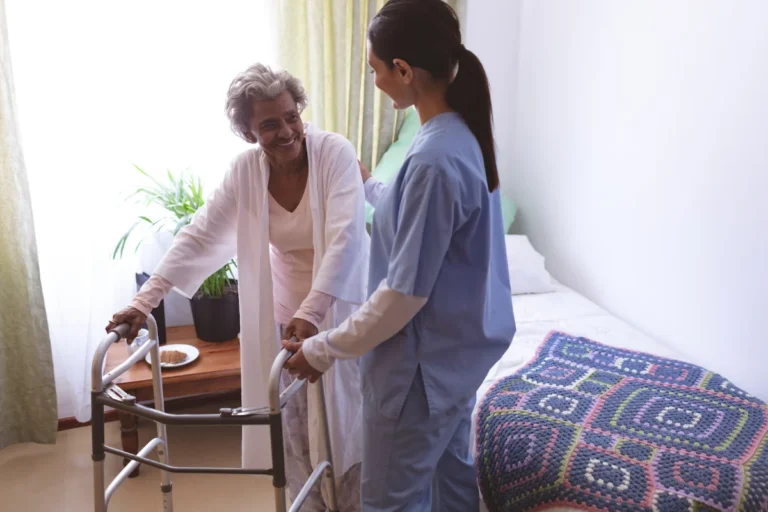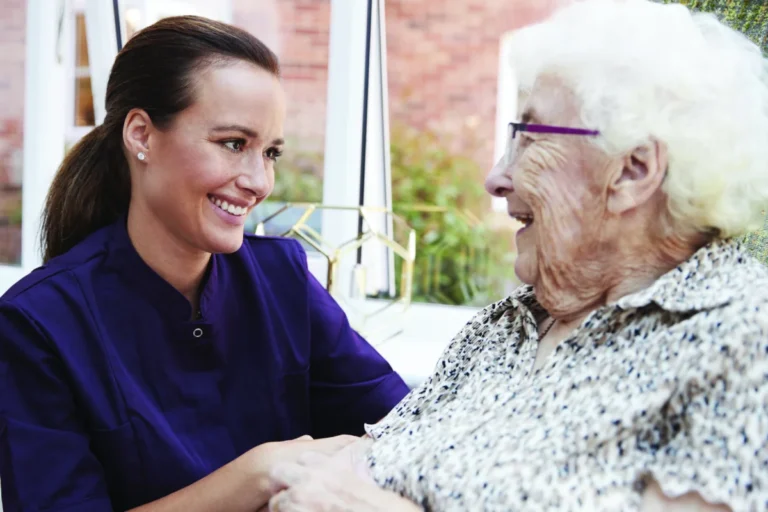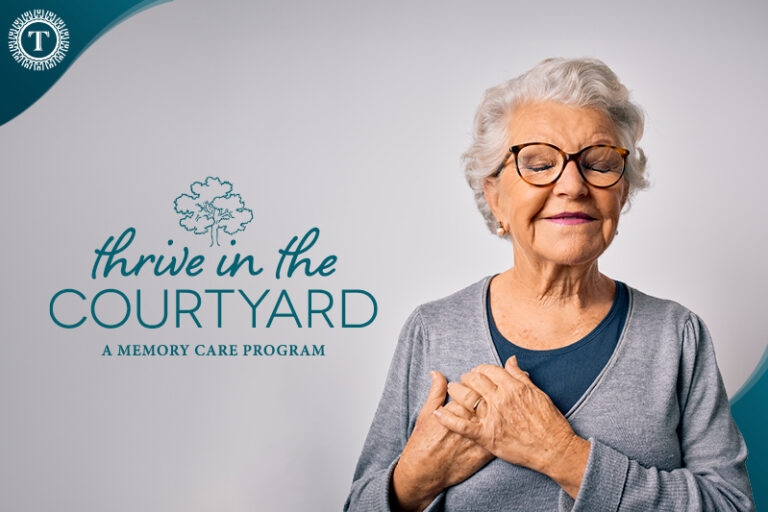As you age, you may begin to notice that it takes longer than it used to for you to remember things, learn new things or keep track of your calendar. These are generally only signs of mild forgetfulness, which can be a normal part of aging. So, should we expect to see short-term memory loss in elderly people? Even in your golden years, forgetting things once in a while is common, but serious memory problems can impair your ability to live the life you want. It may be time to talk to your doctor about your concerns if you notice any of these signs:
- Asking the same questions over and over
- Having difficulty following directions
- Getting lost more easily, even in common areas
- Lapses in personal care, nutrition and/or hygiene
- Easily becoming confused about time, places and people
If you are concerned about your own memory struggles or if you are taking care of a senior loved one, it helps to understand the most common types of memory issues and what signs could indicate a more serious problem.
What is Age-Related Memory Loss?
According to the Alzheimer Society, about 40% of people will experience some type of memory loss after the age of 65. Age-related memory loss can vary in severity, and the symptoms can differ between people. If you are experiencing memory struggles, but the following things remain true, you are likely experiencing age-related memory loss and not something more serious:
- You are able to complete tasks as you normally would
- Your daily life is not noticeably disrupted
- You have no difficulty remembering or learning new things
- You have no underlying condition causing your memory problems
If these statements are true, you may have age-related memory loss, also known as age-associated memory impairment. Most memory care facilities, like Tiffany Springs Senior Living Community, are prepared to support residents with age-related memory loss, as well as more serious conditions. This is considered to be a normal part of the aging process, and it does not mean that you have, or will have, dementia. People with age-related memory loss may have trouble remembering things on occasion, forget the name of a former classmate or the password for a website; however, instances like these are not cause for great concern.
Another non-dementia form of memory loss is known as mild cognitive impairment. This diagnosis falls between dementia and age-related memory loss. Mild cognitive impairment (MCI) is generally mild, but may include symptoms like disorientation or difficulty speaking, as well as memory loss. Memory care experts, like the team at The Village at Mission, are experienced in supporting residents with MCI, as well as age-related memory loss and different forms of dementia.
Both MCI and age-related memory loss are considered to be normal aspects of aging. Common signs of either condition include:
- Inability to remember the name of an acquaintance
- Concern about memory, but friends and relatives are not worried
- Difficulty finding words
- Inability to remember the details of a conversation or event that occurred more than a year ago
- Occasionally forgetting events or things
Senior living communities that specialize in memory care, like Stratford Commons Memory Care Community in Overland Park, Kansas, have experience and expertise in creating personalized care plans to address your individual needs.
Is Dementia a Normal Part of Aging?
According to the World Health Organization (WHO), around 10 million new cases of dementia are diagnosed each year. Somewhere between 5% and 8% of people over the age of 60 are believed to suffer from some form of dementia. So, is dementia a normal part of aging?
No, dementia is not a normal part of aging. Dementia includes the loss of many cognitive functions, such as remembering, learning, thinking and reasoning, and also impairs a person’s ability to participate in activities. Seniors with dementia may have trouble with visual perception, concentration and language skills, and some even demonstrate changes in personality.
Some signs of early-stage dementia include:
- You have difficulty learning new things
- You find it hard to complete familiar tasks
- Your close friends and family members have noticed changes in your abilities
- You have trouble sticking to your normal routine
Signs of more advanced dementia are:
- Your friends and family share concerns about your memory, but you do not see any problems
- You are not able to recall details from recent conversations or events
- You forget things more frequently
- You frequently pause to find words or need to substitute words
- You are not able to recognize or remember the names of family members
Safety and Security
Seniors with concern about age-related memory loss or dementia often find safety and comfort living within a memory care community. At Stratford Commons, Carnegie Village and Tiffany Springs, we start with care and compassion to build a care plan that suits your individual needs. Our on-site medical directors and our trained clinical staff keep your loved one safe and remain in close contact with family members. We are honored that our THRIVE in the Courtyard training program by Tutera Senior Living is recognized by the Alzheimer’s Association for utilizing the evidence-based Dementia Care Practice Recommendations.
At Tutera, we understand the care and concern involved in finding the right memory care community for your loved one. We want you to be as comfortable as possible with our program, our care plan and our team of experts. Call us today at 877-988-8372 and let’s begin the conversation.







